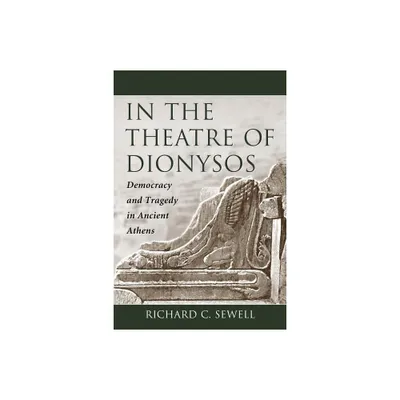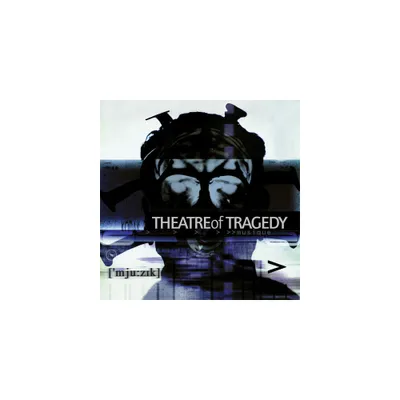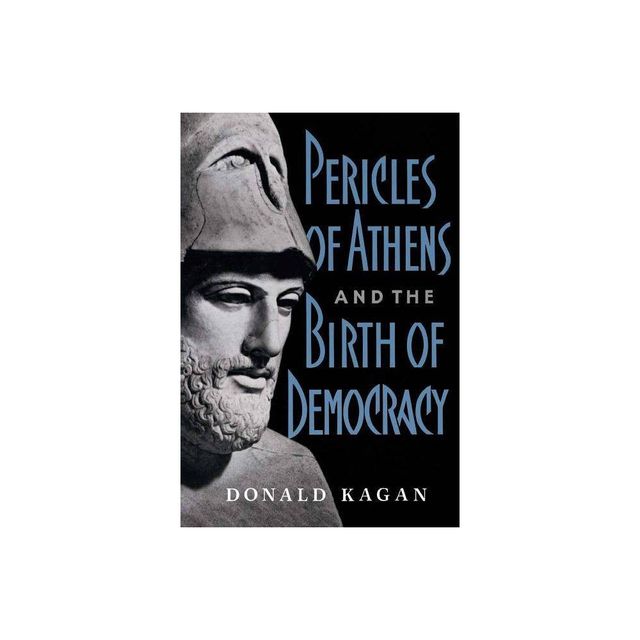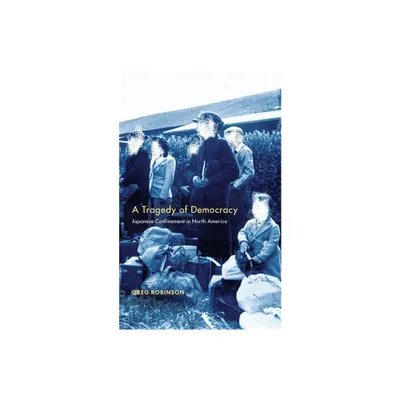Home
In the Theatre of Dionysos: Democracy and Tragedy in Ancient Athens
Loading Inventory...
Barnes and Noble
In the Theatre of Dionysos: Democracy and Tragedy in Ancient Athens
Current price: $29.95


Barnes and Noble
In the Theatre of Dionysos: Democracy and Tragedy in Ancient Athens
Current price: $29.95
Loading Inventory...
Size: OS
*Product Information may vary - to confirm product availability, pricing, and additional information please contact Barnes and Noble
Ancient Athens was unique in its politics, extraordinary in its religion and fanatic about its poetry. Yet its creativity peaked in a time of prolonged, avoidable and catastrophic war; the brilliance of Greek tragedy blazed while the people who made it were bringing ruinous defeat upon themselves.
This book describes the parallel lives of Athenian democracy and Athenian tragedyhow and why they concurrently arose, blossomed and died, shaped especially by a fatal Athenian penchant for war. The author, an actor visiting the Theater of Dionysos at Athens (where the Greek tragedies premiered), considers what hints time has left us of the life and death of Greek tragedy and of the three tragedians (Aeschylus, Sophocles and Euripides) some few of whose plays survive. He demonstrates how drama emerged from a fusion of four unique elements in Greek culture: bardic poetry; open sporting competition; uncodified religion; and exploratory philosophy. With glimpses of the authors, backers, performers and audiences who collectively created that astounding body of work, the book imagines the evolution of the tragic genre from a practitioner's viewpoint.
This book describes the parallel lives of Athenian democracy and Athenian tragedyhow and why they concurrently arose, blossomed and died, shaped especially by a fatal Athenian penchant for war. The author, an actor visiting the Theater of Dionysos at Athens (where the Greek tragedies premiered), considers what hints time has left us of the life and death of Greek tragedy and of the three tragedians (Aeschylus, Sophocles and Euripides) some few of whose plays survive. He demonstrates how drama emerged from a fusion of four unique elements in Greek culture: bardic poetry; open sporting competition; uncodified religion; and exploratory philosophy. With glimpses of the authors, backers, performers and audiences who collectively created that astounding body of work, the book imagines the evolution of the tragic genre from a practitioner's viewpoint.


















